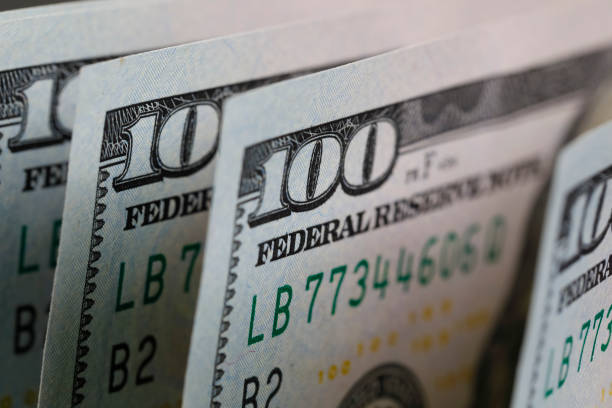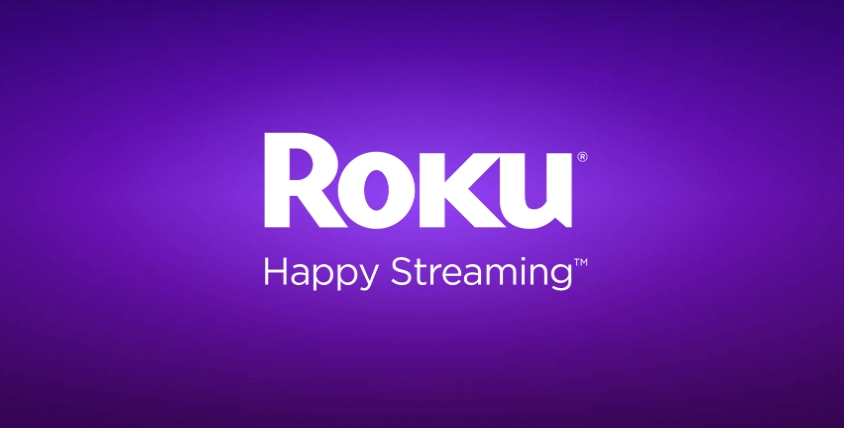Dollar strengthens ahead of PCE data; euro weighed by political uncertainty

Investing.com - The U.S. dollar edged higher in early European trade Friday, on course for its second straight quarterly gain, the euro slipped and the Japanese yen remained on intervention watch.
At 04:00 ET (09:00 GMT), the Dollar Index, which tracks the greenback against a basket of six other currencies, traded 0.1% higher at 105.705, on course for a 1.5% rise for the second quarter.
Dollar gains after debate; PCE data due next
The greenback has been in demand, with this set to be the second quarterly gain in a row, as markets have trimmed expectations for U.S. rate cuts over the past six months.
{{2126|The dodollar index has posted gains of just under 5% so far this year.
That said, the Federal Reserve's preferred inflation measure, the personal consumption expenditures (PCE) index, is due later in the session, and is expected to show that annual growth slowed to 2.6% in May.
While this would be still above the Federal Reserve’s 2% medium-term target, it may open the way to cuts later this year.
“The market does not fully price in the first Fed rate cut until November and thus there should be room for U.S. short-dated rates to drop as focus shifts more squarely to a September rate cut,” said analysts at ING, in a note.
The dollar was also helped overnight by a disappointing performance by President Joe Biden in the first presidential debate late Thursday, increasing the chances of Republican candidate Donald Trump winning November’s vote.
“We see a potential Trump administration as more positive for the dollar both via looser fiscal policy and also via a more aggressive trade/tariff environment,” said ING.
Politics weighs on euro
GBP/USD edged higher to 1.2641, helped by data showing Britain's economy grew 0.7% in the first three months of this year compared with the previous quarter, above an initial estimate of 0.6% growth.
On an annual basis, first-quarter gross domestic product was just 0.3% higher than a year earlier, above an initial estimate of 0.2%.
“Encouragingly, consumption seemed to be the biggest driver here,” said ING. “However, we still forecast the Bank of England will begin cutting rates in August and will start to signal that in speeches once the 4 July general election has passed.”
EUR/USD fell 0.1% to 1.0695, with the euro weighed by more political uncertainty ahead of the start of the French elections this weekend.
The latest opinion poll published in newspaper Les Echos on Friday said French far-right party National Rally further rose in its forecast and may reach as much as 37% of the popular vote.
“The question for the market is whether a Le Pen government looks at the French bond market and starts dropping some of its plans for seemingly unfunded tax cuts - or pushes ahead” ING added.
Elsewhere, the number of people out of work in Germany rose more than expected in June, growing by 19,000 in seasonally adjusted terms, above the 15,000 expected.
USD/JPY briefly crosses 161
In Asia, USD/JPY traded 0.1% higher to 160.95, after briefly crossing the 161.00 level earlier in the session.
The pair was now well above levels that had attracted intervention by the government in May. While officials kept up their verbal warnings, movement in the USD/JPY pair suggested that no actual intervention had taken place so far.
Consumer price index data from Tokyo also showed little pick up in inflation. While headline inflation rose, underlying inflation remained well below the Bank of Japan’s 2% annual target.
The weak inflation print added to doubts over just how much headroom the BOJ has to tighten monetary policy - a key factor behind the yen’s recent weakness.
USD/CNY edged marginally lower to 7.2660, remaining close to its highest level since November. Focus was now on key Chinese PMI data, which is due over the weekend.








